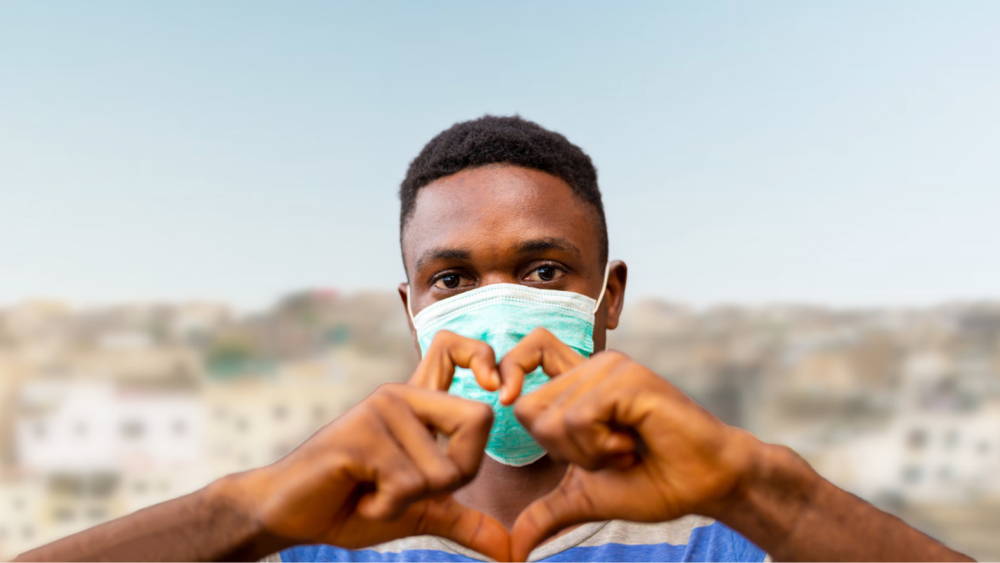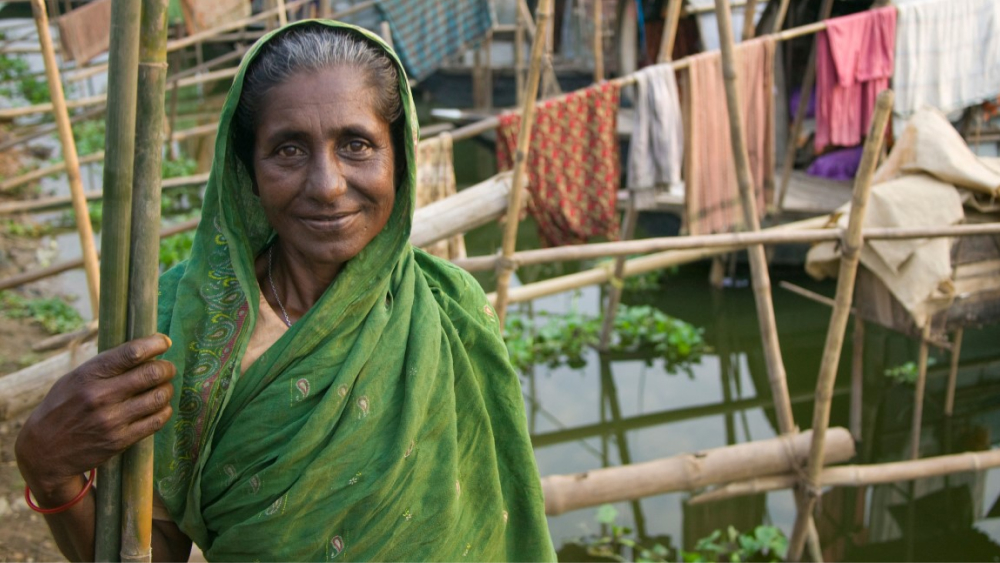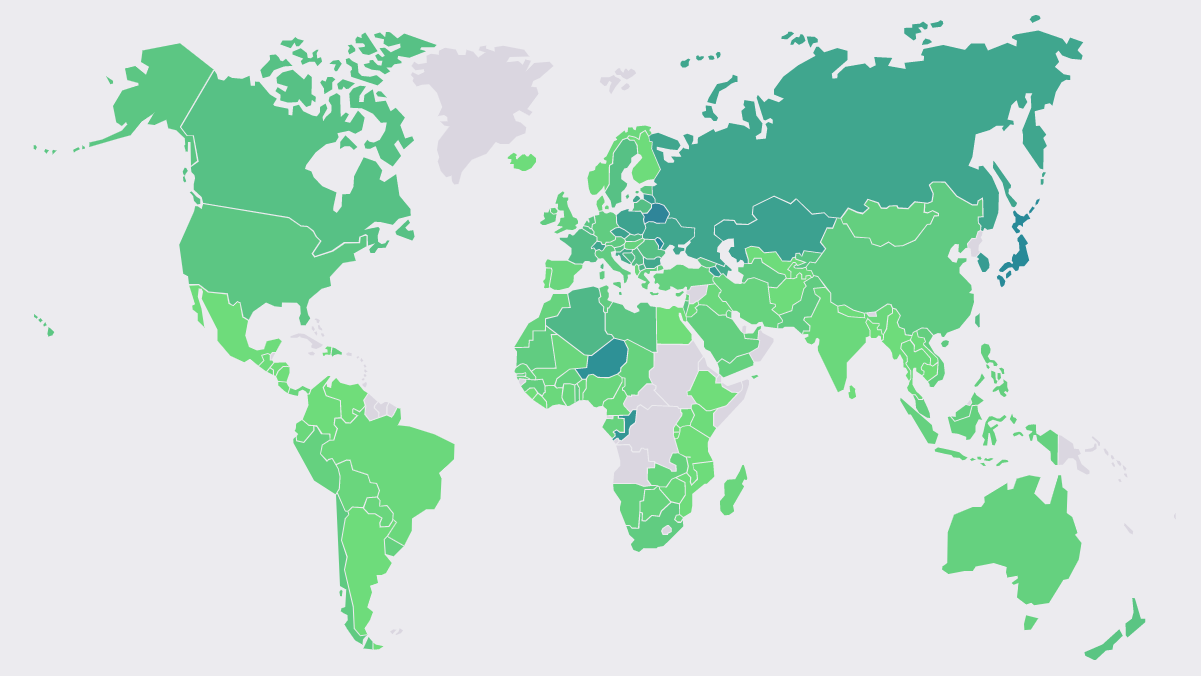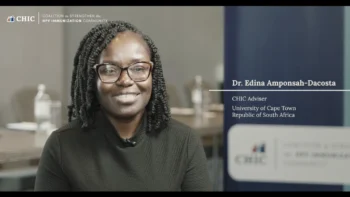
We’re pleased to share highlights from the CHIC Symposium on Advancing Sustainable HPV Vaccination Programmes in Africa. The symposium brought together stakeholders from across 20 African countries to strengthen collaboration for sustainable HPV vaccination programmes.

We are appalled to find that the content on the CDC webpage “Autism and Vaccines” has been changed and distorted, and is now filled with anti-vaccine rhetoric and outright lies about vaccines and autism, writes the Autism Science Foundation.
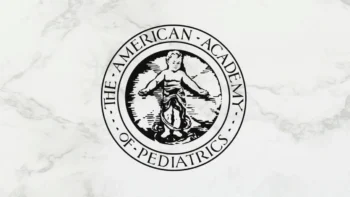
There’s no link between vaccines and autism, says The American Academy of Pediatrics. Anyone repeating this harmful myth is misinformed or intentionally trying to mislead parents. We call on the CDC to stop wasting government resources to amplify false claims that sow doubt in routine immunizations.
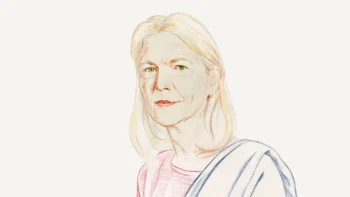
An extraordinary effort will be needed to sustain confidence in vaccines, given the unprecedented level of misinformation being propagated about them, even from official sources, writes Heidi J. Larson, Director of the Vaccine Confidence Project.
Latest research projects
The VCP conducts global research, investigating the roots, trends over time and impacts of vaccine confidence at regional, national and sub-national levels.
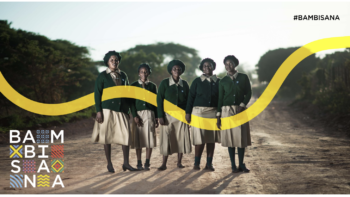
We partnered with Wits Vida, the Vaccine Confidence Fund, and PHRU to study how much, if at all, social media and community influencers can influence and increase uptake of influenza vaccines.

Strengthen national training curricula and integrate targeted, culturally grounded interpersonal communication practices into training curricula for health workers in ECARO countries.

Mixed method study to examine adult and HCP confidence in vaccination in Eastern Europe (Balkans, Caucasus, Central Asia).
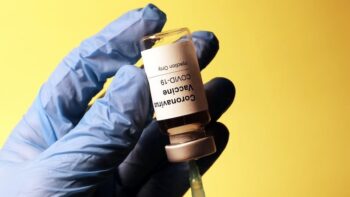
Mixed method study to explore risk perceptions and emotional determinants of health around COVID-19 and influenza vaccination in Europe.
